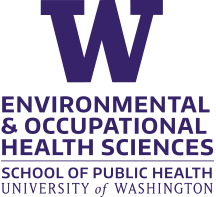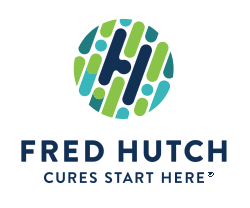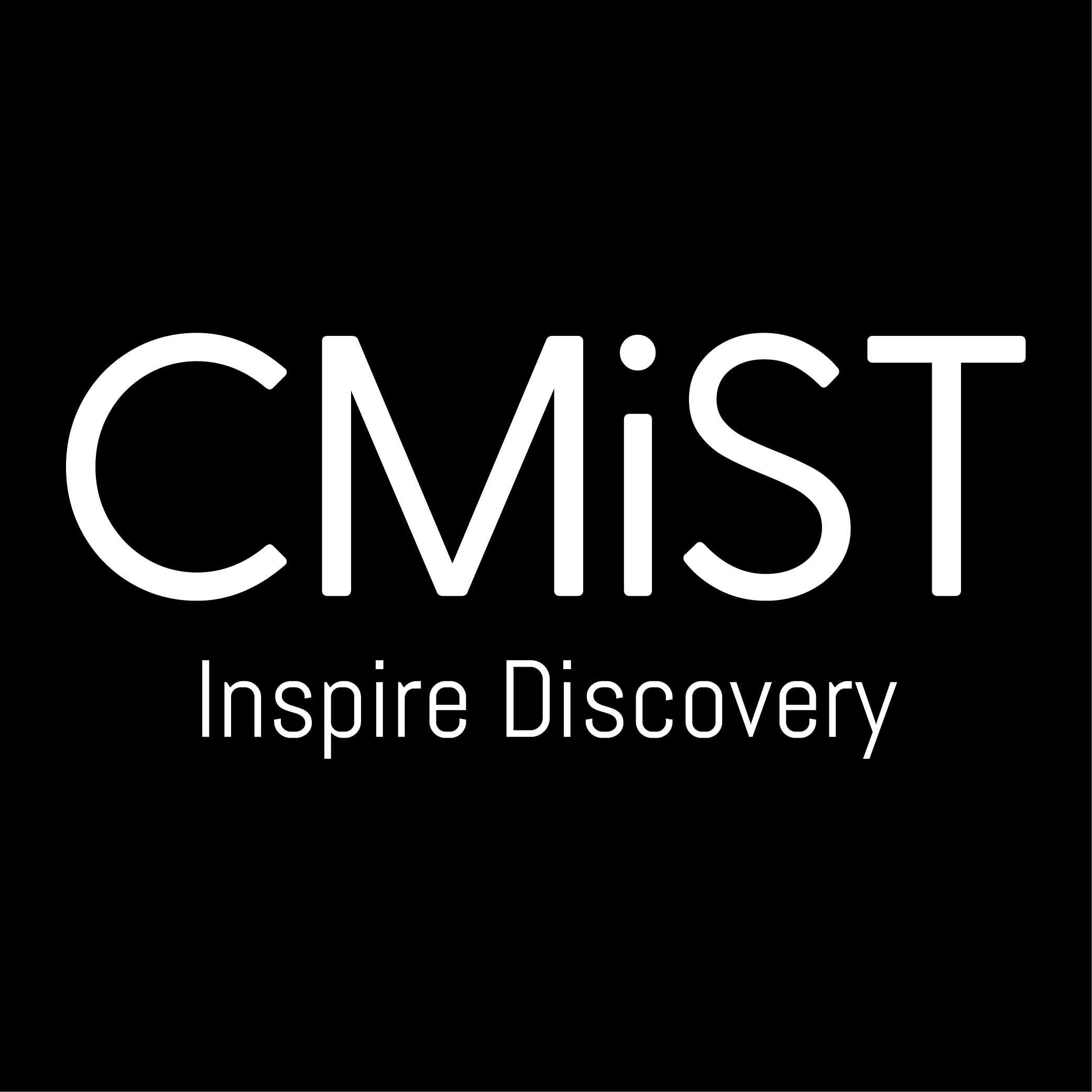The UW Environmental Health and Microbiome Research Center (EHMBRACE) investigates environmental exposures, genetic risk factors, microbiome changes and the development of complex human diseases, including cancer, infectious diseases and neurodegenerative diseases.
EHMBRACE launched in 2021 with a mission to advance microbiome research in environmental health sciences, foster cross-disciplinary training in microbiome and public health and cultivate clinical and community partnerships.
This collaborative research center brings together expertise in persistent organic pollutants, heavy metals, air pollution, nutrition and calories, and microbial pathogens.
EHMBRACE is funded by the UW Department of Environmental & Occupational Health Sciences (DEOHS). Research partners include experts from DEOHS, the Fred Hutchinson Cancer Research Center, the Institute for Systems Biology, the University of Washington Department of Biostatistics, UW Microbiology and the UW Center for Microbiome Sciences & Therapeutics.
The center is led by Dr. Julia Cui, DEOHS associate professor of toxicology, and guided by an external Scientific Advisory Board and an internal Steering Committee.
EHMBRACE objectives:
-
Address critical gaps in our understanding of mechanistic relationships among environmental exposures, microbiome changes and risks of complex human diseases.
-
Foster transdisciplinary collaborations among scientists from a variety of research disciplines, including toxicology, microbiome science, exposure science, epidemiology, immunology, systems biology, nutrition science, microbiology, biostatistics, computational biology and metabolomics.
-
Identify novel microbes, microbial metabolites and host targets that contribute to exposure-related disease risks.
-
Establish the link between microbiome research and critical public health issues, including environmental justice and climate change.
-
Develop innovative computational and laboratory methods to improve the precision, resolution, efficiency and cost of microbiome research.
-
Provide an inclusive training and networking forum for early, mid- and late-career scientists and students to learn and continue learning about this developing field.
-
Build relationships throughout the Pacific Northwest through an outreach program connecting EHMBRACE scientists to local organizations and communities.
Collaborative partners:






